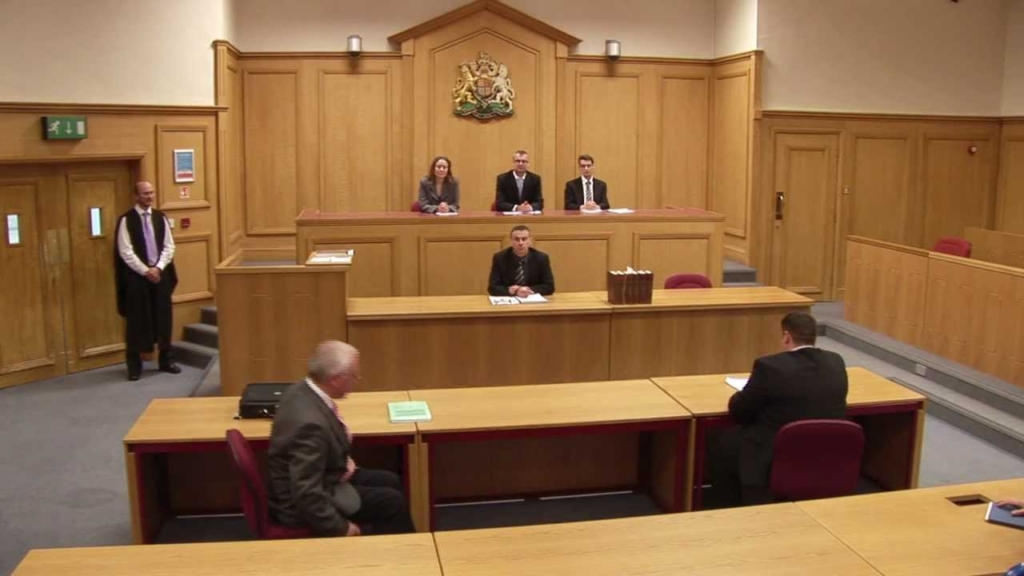The High Court of Justice in England has classified Tether’s stablecoin, USDT, as property, representing a crucial development for both institutional and retail investors.
Crypto pundit GS posits that this verdict may facilitate increased adoption of USDT by establishing a clearer regulatory framework, thus diminishing regulatory ambiguity and enhancing its attractiveness to investors pursuing stability and legitimacy in their crypto assets. It may establish a global precedent for other nations, affecting the classification and regulation of digital currencies internationally.
Goldman Sachs cautions that the official acknowledgment of USDT as property may invite increased regulatory oversight, resulting in more stringent compliance obligations.
This heightened scrutiny may restrict Tether‘s operational flexibility, particularly if regulators want enhanced openness regarding the stablecoin’s reserves.
Discrepancies or difficulties may undermine investor confidence, resulting in volatility or a decline in the value of USDT if adverse information emerges. The verdict facilitates further legal measures against Tether, especially if its financial operations are scrutinized.
The market’s initial response likely be ambivalent, with some perceiving the verdict as a temporary bullish reaction owing to its novelty and favorable media attention. Nonetheless, the long-term ramifications remain ambiguous and will hinge on Tether’s adaptation to its revised legal responsibilities.
The broader crypto market may not see its complete effect until the decision directly influences trade volumes or investor behavior significantly. Alongside the court’s ruling, the UK government is advancing legislation to designate cryptocurrencies as personal property, reinforcing the legal standing of digital assets within the nation.



